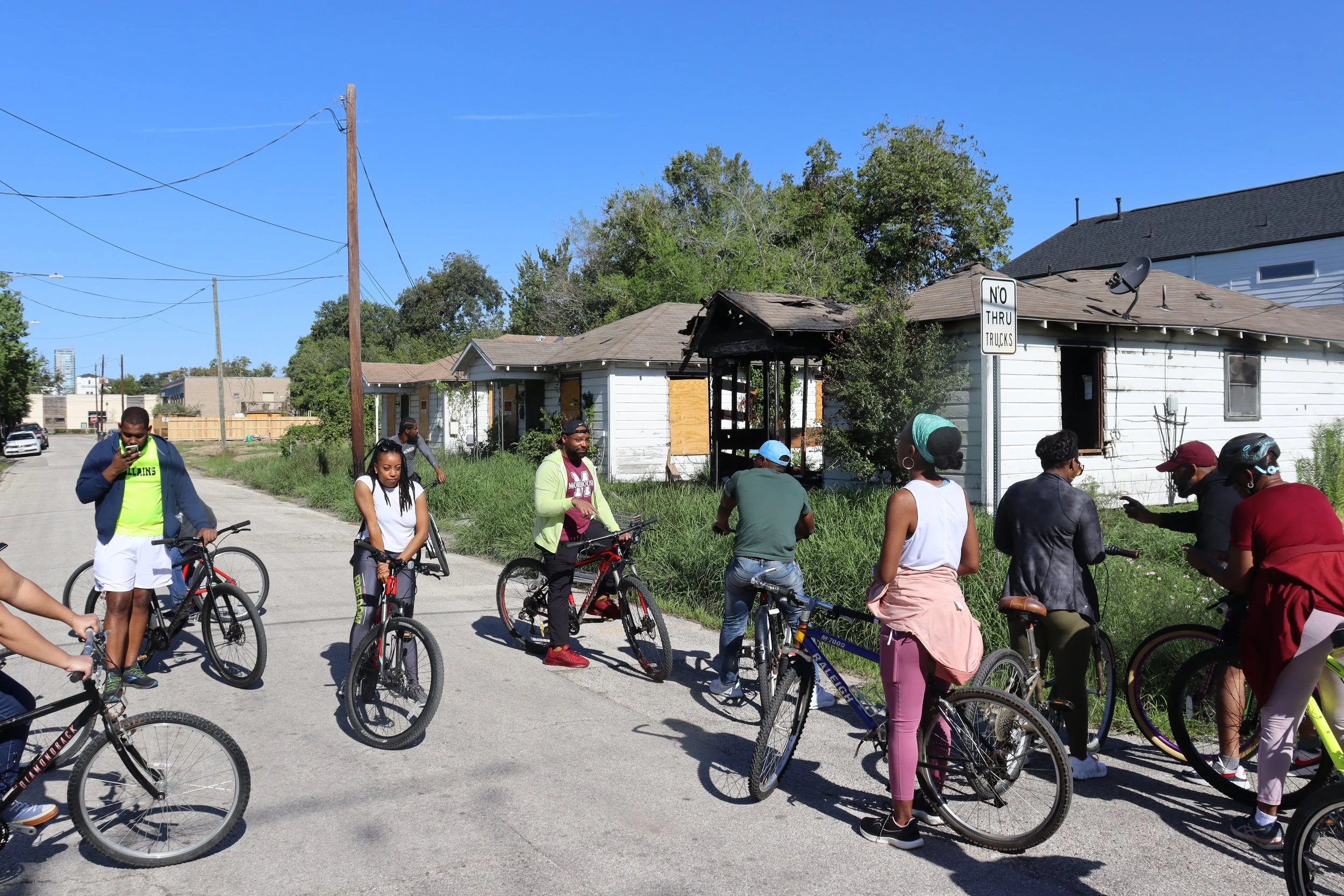Reclaiming Neighborhoods: Why Small-Scale Developers Are the Missing Link in Real Community Revitalization
For years, communities like Third Ward have felt the tension between growth and displacement, between development and preservation. Large-scale projects have shaped the skyline, but they’ve often overlooked the blocks where culture lives—corner stores, family homes, legacy businesses, and walkable streets that hold the stories of generations. At the 3rd Ward Real Estate Council, we believe the future of our neighborhoods won’t be saved by outside developers or speculative investors. It will be shaped by residents, entrepreneurs, planners, designers, and everyday people who are willing to build with their community—not over it.
That’s why we are launching the Bridge to Action Small Scale Developer Program, created in partnership with an award-winning real estate firm and supported by a network of active industry professionals. This is more than a development training. It is a movement to build a community of local developers, equipped to lead long-term, place-based revitalization rooted in cultural integrity, economic opportunity, and attainable housing.
Why Small-Scale Development Matters Now More Than Ever
Cities like Houston, especially without zoning and traditional planning frameworks, face both a challenge and an opportunity. On one hand, without coordinated development, neighborhoods can be pieced together by speculation—random flips, surface-level renovations, or projects that increase prices without improving quality of life. On the other hand, flexibility in land use opens the door for small developers to lead innovative, human-scaled projects that large institutions often overlook—mixed-use corner lots, duplexes, cottage courts, trail-oriented homes, micro-retail spaces, and adaptive reuse of existing structures.
Small-scale development isn’t just about building units. It’s about repairing the urban fabric one lot at a time—creating walkable corridors, attainable homes, local businesses, and safe gathering spaces that contribute to the social and economic energy of a community. Unlike large commercial developments, these projects are more accessible, more contextual, and more likely to be built by people who care about the community they’re building in.
What Makes Bridge to Action Different
Many real estate programs focus on profit margins, quick flips, or high-density developments that often ignore the people and places they affect. Bridge to Action is different:
Place-based, not profit-only: Participants won’t learn how to chase random deals across the city. They’ll learn to develop within targeted neighborhoods, using strategies that enhance—not erase—the culture that already exists.
Comprehensive community development: This program integrates real estate with community programming, business incubation, public space activation, and long-term land stewardship. We aren’t teaching transactions. We’re teaching transformation.
Not a shadowing program — it’s hands-on: Participants will contribute to a real development project—a 5,000 sq. ft. corner lot positioned as a model for trail-oriented development. You won’t just watch someone else build; you’ll help shape the vision, the process, and the outcomes.
Powered by doers, not just speakers: Sessions will feature active developers, planners, designers, lenders, and policy advocates who are already building projects in real neighborhoods—not just talking about it in theory.
Building a Five-Year Pipeline of Local Developers
This is the first cohort in what will become a five-year initiative to grow a network of community-rooted developers. Over nine months, selected participants will receive:
Technical assistance and development tools
Access to lenders, architects, designers, and mentors
Support navigating zoning-free development in Houston
Guidance on land acquisition, financing, permitting, pro formas, design, and community impact strategies
A collaborative network—not competitors, but fellow builders committed to doing the things that matter
Graduates won’t just leave with knowledge. They will leave with relationships, a roadmap, and firsthand experience shaping a real project in Houston.
Why This Matters For Our Future
If we want attainable housing, thriving corridors, and local ownership to exist in our neighborhoods—we can’t wait for someone else to build it. We have to create developers from within the community. We have to build an ecosystem of people who see value where others see vacancy.
The Bridge to Action Program isn’t a fix-all solution; it’s a starting point. A model that can be replicated across Houston and beyond—proving that small-scale development, when rooted in community vision, can spark real, lasting change.

